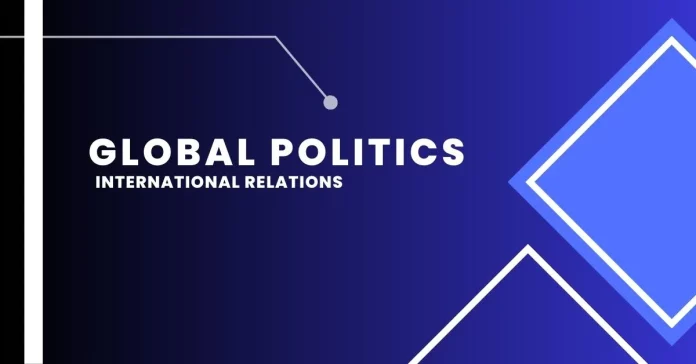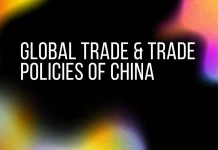Introduction
Global politics and international relations are key concepts that help us understand the complex interactions and relationships between nations and actors on a global scale. The field of international relations focuses on studying the behavior of states and other actors in the international system.
Actors in International Relations
The actors in international relations can be broadly categorized into four groups: states, international organizations, non-state actors, and transnational corporations. States are the primary actors in international relations, and their actions often shape global politics. International organizations such as the United Nations, World Trade Organization, and International Monetary Fund play a vital role in promoting international cooperation and resolving disputes. Non-state actors such as non-governmental organizations, civil society groups, and religious organizations also influence global politics. Transnational corporations, which operate across multiple states, have significant economic power and can impact global politics through their business decisions.
Key Issues in Global Politics
Globalization is a critical issue in international relations, as it has facilitated the interconnectedness of nations and led to greater economic interdependence. The rise of new technologies and the internet has also given rise to new challenges such as cybersecurity and information warfare. Security is another crucial issue in international relations, as the world continues to face various threats, including terrorism, nuclear proliferation, and regional conflicts. Economic interdependence is another key issue, with nations becoming increasingly reliant on each other for trade and investment. Human rights and environmental sustainability are also pressing concerns, with nations working to address issues such as poverty, climate change, and natural resource depletion.
Challenges in International Relations
Power struggles and hegemony have long been a source of conflict in international relations. Countries and actors seek to establish and maintain power, which can lead to tension and conflict. Conflicts and wars also pose significant challenges in international relations, with many regions experiencing ongoing instability and violence. The rise of populism and nationalism has further complicated international relations, with some countries becoming more inward-looking and resistant to international cooperation. Cybersecurity and information warfare are also significant challenges, with nations increasingly relying on technology and the internet for communication and commerce.
Case Studies
US-China relations are a prime example of the complex and evolving dynamics in international relations. The two superpowers have been engaged in a tense geopolitical rivalry, with issues such as trade, cybersecurity, and human rights impacting their relationship. Brexit and the European Union have also been key issues in international relations, with the UK leaving the EU and causing significant political and economic changes in the region. North Korea’s nuclear program has threatened regional stability, with the country facing sanctions and diplomatic pressure to give up its nuclear weapons. The ongoing conflict in Syria has had devastating consequences for the region and highlighted the complex nature of international relations.
Conclusion
Global politics and international relations are critical concepts for understanding the interactions and relationships between nations and actors on a global scale. The actors in international relations include states, international organizations, non-state actors, and transnational corporations. Key issues in global politics include globalization, security, economic interdependence, human rights, and environmental sustainability. Challenges in international relations include power struggles and hegemony, conflicts and wars, rise of populism and nationalism, and cybersecurity and information warfare. Case studies such as US-China relations, Brexit and the European Union, North Korea’s nuclear program, and Syria and the Middle East highlight the complex nature of international relations. The future of international relations will depend on cooperation, diplomacy, and a commitment to addressing global challenges.











